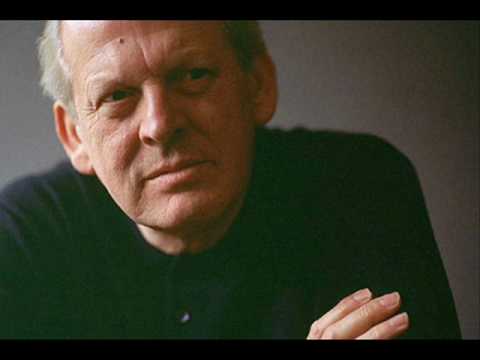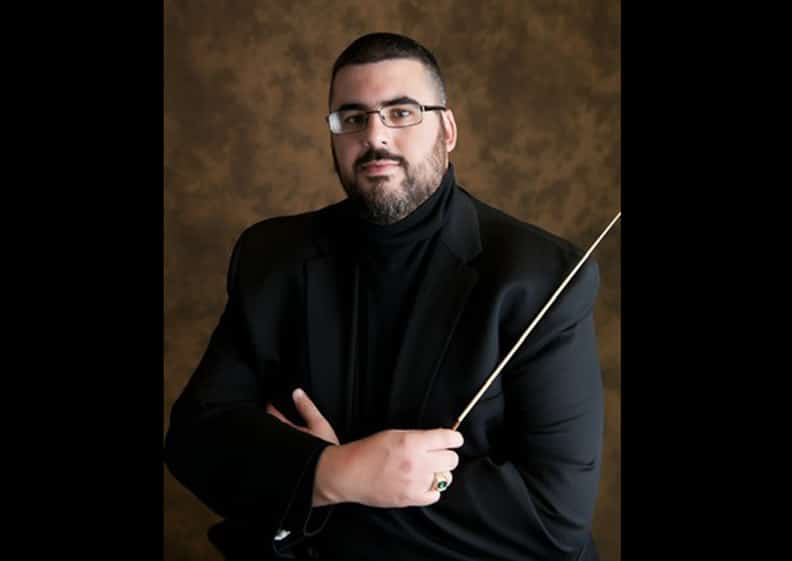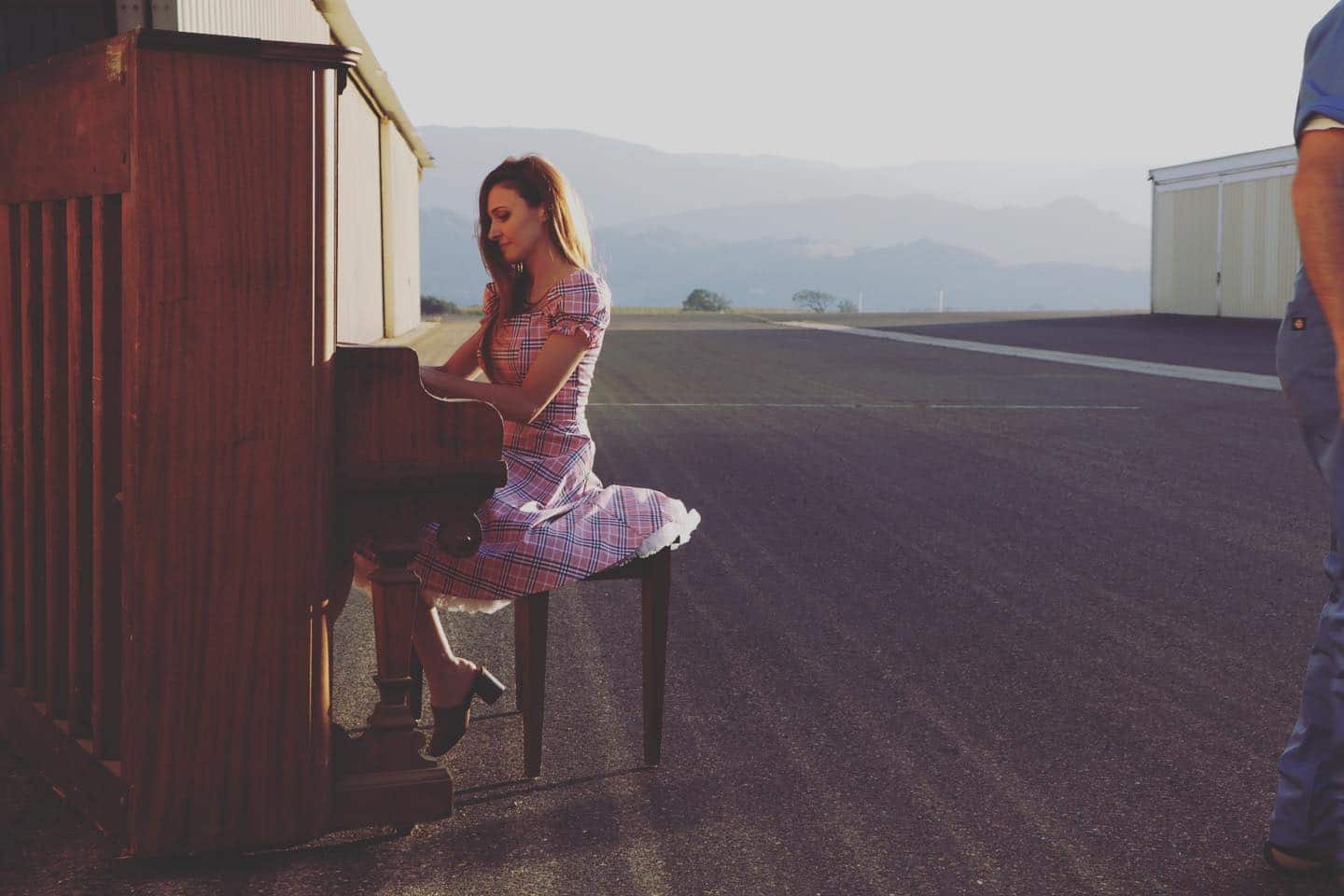‘Billy Elliott’ hall gets renamed
OperaThe University of Durham has renamed its main performing arts venue the Sir Thomas Allen Assembly Rooms Theatre.
Allen, 78, is an international opera singer who served as the university’s chancellor from 2012 to 2022.
A local lad from a mining village, his is suspected to be the life-story behind the musical ‘Billy Elliott’ in which a miner’s boy overcame obstacles and prejudices to dance at Covent Garden.







Certainly well-deserved, aside from the tongue-twisting name. In addition to an exemplary career, Sir Thomas is a fine gentleman.
Spectacular artist, very well-deserved. One of the finest singers in all of UK history.
Despite the fact that many journalists make the claim that Sir Thomas Allen’s early life was the source of inspiration for Billy Elliot, there seems to be little to back this up.
He was ‘born in the Durham fishing village of Seaham Harbour in 1944. With nearly every male member of his family working at the local coal mine, he says there is no way of describing his childhood without it sounding like a Catherine Cookson novel. That said, the only child of Florence and Thomas Allen was an exception in the village in that his father didn’t work at the mine and the family didn’t live in a coal-board house. Tom Snr had escaped a career working at the pit after losing a leg in a motorcycle accident at 21. Instead he became the “never-never man”, collecting HP payments for a Sunderland department store and eventually became their customer credit department manager.’
Music and singing was part of his life from an early age…..’His cousin, Edith Drennan, who lived with his family, says that “both his mam and his dad’s family had some really good singers and I can remember Tom, aged five or six, standing by the piano singing ‘Cockles and Mussels’. But the first inkling that his voice was special came when the music teacher at school suggested he should do a solo. He came home and said to his mother that he didn’t want to do it. But she encouraged him to look through his dad’s music and picked out ‘Simon the Cellarer’ [a Victorian parlour song]. He sang it at the concert and absolutely brought the place down.”
This certainly doesn’t mirror the experience of Billy Elliot in the play, who has to hide his desire to dance for fear of the reaction of his father and brother. His determination and passion, despite the lack of family support, against the backdrop of the destruction of the local community taking place due to the miners strike is at the heart of the play. The one similarity I can see is Sir Thomas Allen’s avoidance of taking part in his grammar school plays. “I really wish I had done them now,” he says. “But there was always something rather sissyfying about them and people would be ridiculed. Although for some reason singing was fine, perhaps because it was part of a male voice choral tradition.”
Lee Hall, the creator of Billy Elliot said about Sir Thomas Allen, ‘”I’ve never met him, but I’ve always been interested in music and so I knew about what he’d done. The actual starting point, though, wasn’t to do with singing, it was this surreal image I had one day in the bath of a kid in a tutu against this bleak landscape.
“The basis of the script was my own experience. I grew up in an environment that had a suspicion and distrust of any intellectual activity, of any attempt to be objective about life or art. That conservatism, that philistinism within the working class was at the root of Billy Elliot. And it was reinforced by the philistinism of the Thatcherite years.”
I write all this not to diminish Sir Thomas Allen’s fabulous achievements. He is a wonderful artist and someone who has greatly contributed to the musical life of the UK and beyond. He certainly came from a humble and modest background, yet seemingly this never held him back as he seems to have been encouraged and supported by his family all the way, and that should also be celebrated. No, I write this, as lazy journalism and clickbait headlines should be shown up for what they are.
What is so upsetting to trolls that they can’t celebrate others for successful careers and lives well-lived? You’ve had your say, now retreat back to your hole.
Wonderful….thanks for your acute observation which totally misses the point I was making. I fully celebrate Sir Thomas Allen’s brilliant career, a great singer and a genuine ambassador for classical music. I don’t however like lazy journalism which misleads readers and distorts the truth.
Thank you for your thorough review of both Sir Thomas’s background and the back story to Billy Elliot. Both contain information that was new to me.
Lee Hall’s implication that Thatcher could have reinforced working class attitudes in northern mining communities is laughable.
1. He wasn’t a miner’s boy. 2. He didn’t overcome obstacles and prejudice and 3. he hasn’t danced at Covent Garden (yet) – unless you include watlz sequences in, for example, Die Fledermaus!
The real Billy Elliott is Philip Mosley of the Royal Ballet, who was interviewed many times by Lee Hall when he started yo work on his script.
Thomas Allen is an opera singer, not a ballet dancer. The ignorance of Slipped Disc strikes again.